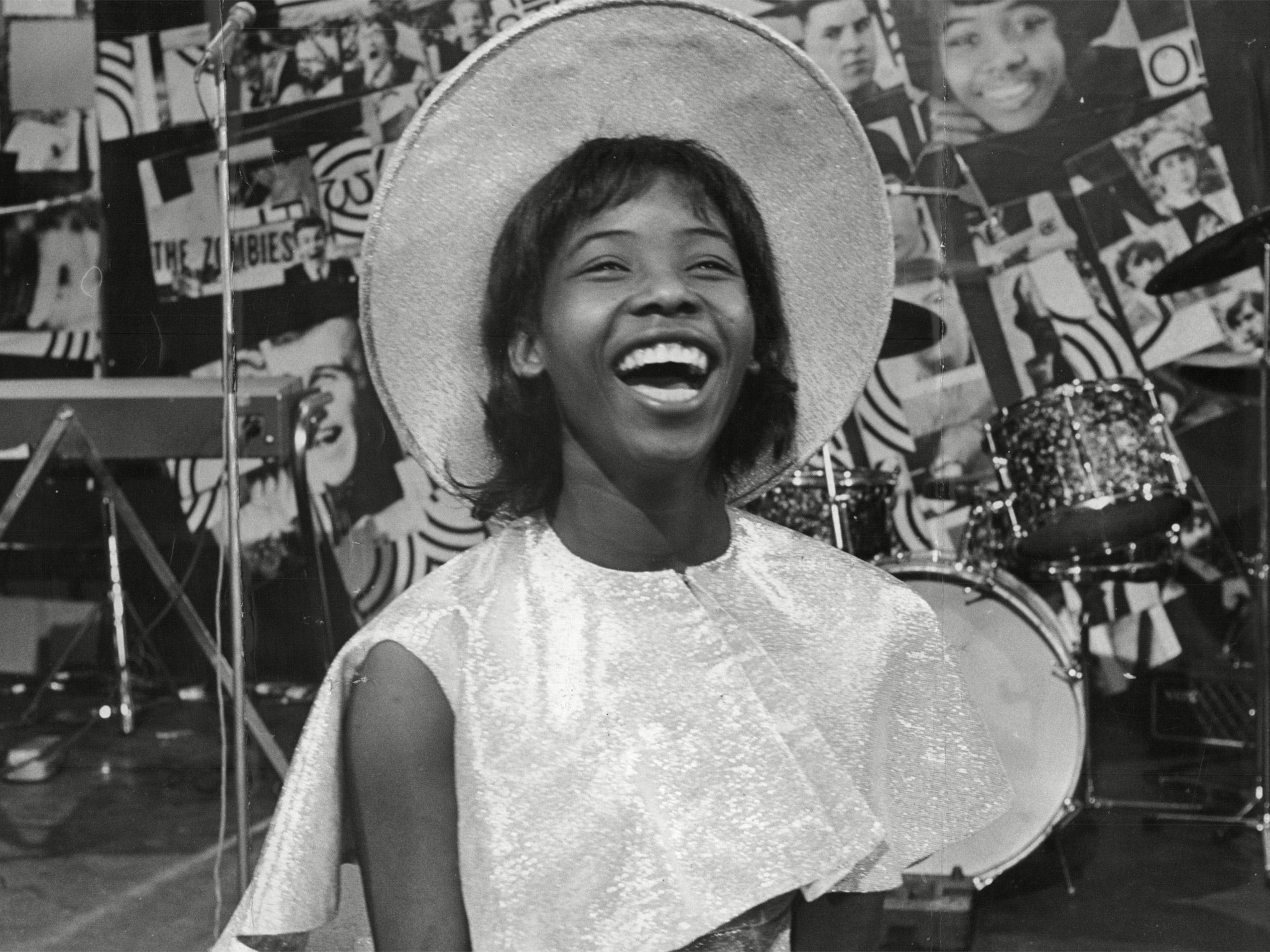The Week in Radio: A people's choice show that hits all the right notes

Your support helps us to tell the story
From reproductive rights to climate change to Big Tech, The Independent is on the ground when the story is developing. Whether it's investigating the financials of Elon Musk's pro-Trump PAC or producing our latest documentary, 'The A Word', which shines a light on the American women fighting for reproductive rights, we know how important it is to parse out the facts from the messaging.
At such a critical moment in US history, we need reporters on the ground. Your donation allows us to keep sending journalists to speak to both sides of the story.
The Independent is trusted by Americans across the entire political spectrum. And unlike many other quality news outlets, we choose not to lock Americans out of our reporting and analysis with paywalls. We believe quality journalism should be available to everyone, paid for by those who can afford it.
Your support makes all the difference.I'll admit it, the title of Radio 2's latest mega-series, The People's Songs, had me worried. Surely even the BBC has worked out that when it comes to music "the people" cannot be trusted. Remember when Radio 2 listeners deemed Robbie Williams' "Angels" the best song of the past 25 years at the Brits? I was there and, I can tell you, the sight of inebriated industry nobs trying to wipe the WTF expressions off their faces as the cameras swooped in for close-ups was very special indeed.
Consider, too, the plight of producers and presenters on BBC6 Music who, after 10 and a bit years spent stoically sifting through atrocious demos to bring us the best in contemporary music, were last weekend rewarded by listeners voting Coldplay's "Clocks" as the best song on the playlist.
Sometimes, we get the music that we deserve.
So yes, I was pretty twitchy about The People's Songs and the horrors it might bring. Would "the people" decree that there simply wasn't enough Michael Bublé and Adele in the world? Would discerning listeners of Radio 2 decide that Dido was due a retrospective and Mick Hucknall should be crowned king?
I was, it turns out, way off the mark. The People's Songs wasn't a list but a documentary. It wasn't interested in top tens, or the best this and greatest that, nor was it a nostalgia-fest in the vein of those wretched I Love... compilation shows that grout the TV schedules at Christmas. Presented by Stuart Maconie – who, of course, one should never, ever doubt – it was a reflection on everyday people and the extraordinary times in which they have lived, told in their own words. It was also about the songs that have soundtracked these extraordinary times, and how they contributed to a shift our culture and identity and helped bring Britain to where it is today. It was pretty damned wonderful.
The series has been going since early January and over the last month I've laughed a lot but I've blubbed a whole lot more. On the Cold War episode, which focused on Frankie Goes to Hollywood's "Two Tribes", we heard from a woman who took a few days off from studying at university to visit the protestors at Greenham Common. "I went for five days," she said, "and I stayed five years."
In the wartime edition, which featured Vera Lynn's "Goodnight Children Everywhere", an evacuee remembered being on a train as a child, hurtling out of Liverpool to the relative safety of north Wales. She and the other children sang "Run Rabbit Run", though they changed the words to "Run Adolph Run". "And we were quite cheerful," she noted in true stiff-upper-lip fashion. "We were going to the country." Not long after they watched the sky turn orange as Liverpool burned in the distance.
This was not, as Maconie pointed out, an academic history of modern music – "It is not the views of musicians, rock journalists or professional pundits but the views of the people who bought and consumed the songs," he said.
Thus, yesterday's episode, ostensibly about Millie Small's "My Boy Lollipop", jettisoned the usual talking heads in favour of the memories of West Indian immigrant families, who had come to help rebuild Britain after the war, when they first clocked Millie on the box – "She looked like us! She was black!" Many remembered the shock of their new home, notably the damp and the greyness and chilly attitude of those who deemed them "foreigners" – or worse.
But they also recalled the creation of new communities, the bonds within families and the kindness of strangers and... oh look, I seem to be crying again.
Join our commenting forum
Join thought-provoking conversations, follow other Independent readers and see their replies
Comments